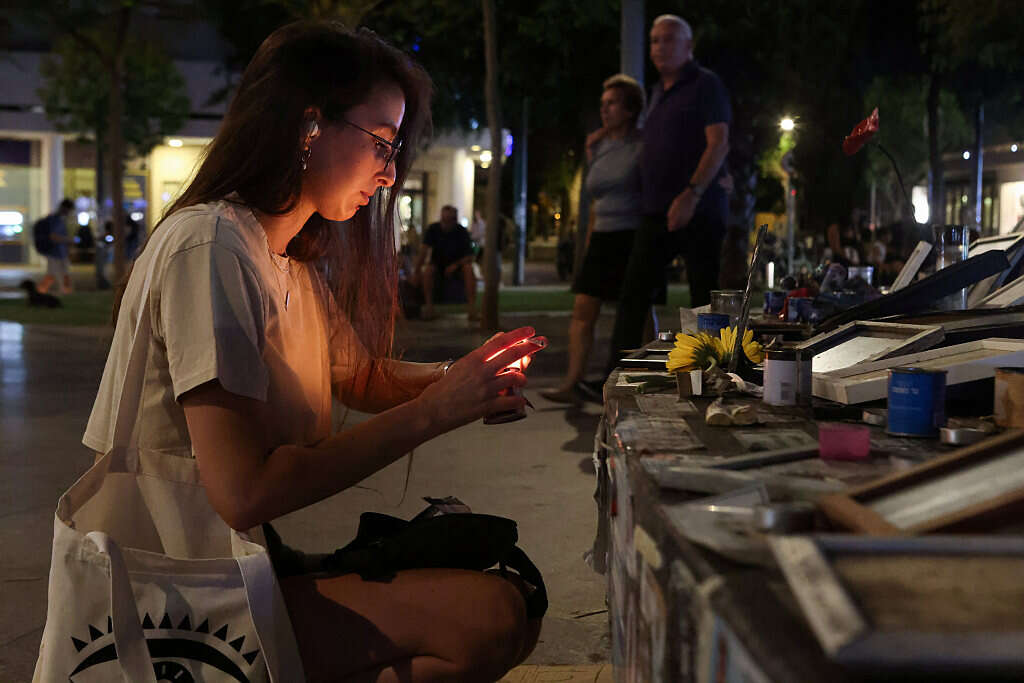The "Iron Swords" war started with an unprecedented brutal attack, leaving a broad swath of the Israeli population – soldiers, civilians, residents of the southern region, and the Re'im festival's partygoers – reeling from painful and deep traumatic injuries. In the days following Oct. 7, the public went through or was exposed indirectly, to immense losses, grief, sexual violence, and abductions of both civilians and soldiers, including children, women, and the elderly. Alongside the need to identify and bury the dead with proper respect, there was also the necessity to prepare for combat. The war that broke out in Gaza, the West Bank, and Lebanon following the terrorist attack has only contributed to the ongoing suffering – physical and emotional injuries – and expanded the circles of disability and grief.
Hundreds of thousands of soldiers, both on active duty and reservists, are engaged in continuous, intense combat. Around 140,000 Israeli civilians living near Gaza and northern Israel have been displaced from their homes. The frequent attacks in various locations and the ongoing captivity of hostages for more than a year after their abduction affect us all. These events have impacted us at multiple levels – as individuals, as families, and as a community.
So, how do we cope?
Should we ask reservists about their experiences, or not? Insist they return to work, or let them take time off? Should we enforce structure or relax expectations? How should we respond to outbursts at home? How much flexibility or leniency should we offer, and how many demands should we make? Should we encourage the use of medication, or not?
These are critical questions, but there's no single, universal answer. However, some tools can help:

Limit your news intake
It's easy to become addicted to information, feeling the need to constantly track what's happening – through disturbing videos, endless broadcasts, and interviews with generals, politicians, or analysts. We're all experiencing FOMO (fear of missing out), glued to our phones or screens, making it even easier to get addicted. While staying informed is important, a healthier approach at such a challenging time is to limit news exposure to once or twice a day for a set amount of time. Get the updates, then move on to something else. This applies to adults and also sends a message of normalcy to our children.
Engage in activities that bring joy and fulfillment
Don't focus solely on sadness and hardship – go to a movie, spend time with friends, or go to the beach. It might feel strange or uncomfortable to enjoy life while there are hostages in Gaza or while so many are fighting in Lebanon and Gaza. But this is essential. It's okay to have fun, to be happy, and to live "normally," without guilt or shame. Coping with ongoing traumatic events wears down our resilience and strength, and replenishing our emotional resources is necessary to continue enduring and thriving.
Maintain structure
The continuation of these events has caused a deep rupture in our regular routines – work, leisure, and social life. Therefore, maintaining somewhat of a routine is more important than ever. There is healing power in preserving continuity in work and daily routines. Often, we feel that there's no point. How can one return from reserve duty and go back to work or university? It feels trivial and meaningless. But after a few consecutive days of resuming normal activities, a sense of purpose starts to return. Work and daily activities are crucial for processing difficult events, recovering, and healing.
Offer support to combat soldiers
Ask them how they're doing and leave the door open for conversation, but don't press them. Understand the challenges they express and, at times, their emotional outbursts. However, it's important to set boundaries. If things aren't improving, encourage them to seek professional help. Medication isn't the primary treatment; cognitive and behavioral therapies are more effective in many cases.
Keep an eye on yourself and others
Be more attentive and supportive. Remember, mutual responsibility is vital today more than ever.
Let's all pray for the swift return of the hostages, the end of the fighting, and the opportunity to begin healing the fractures and processing the traumatic events we've experienced. Until then, let's try to maintain a routine and function as best we can.
Prof. Eyal Fruchter is the Chair of the National Council for Post-Trauma, Medical Director of the ICAR Foundation, and a psychiatric consultant for Femi.




